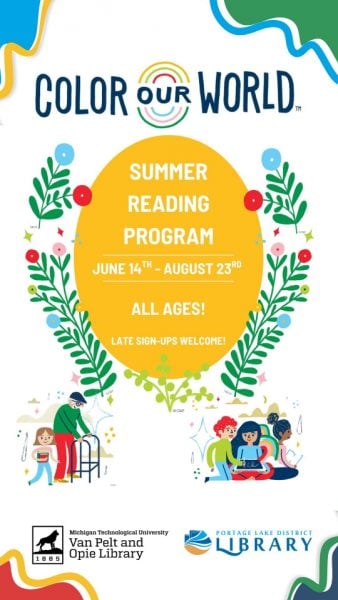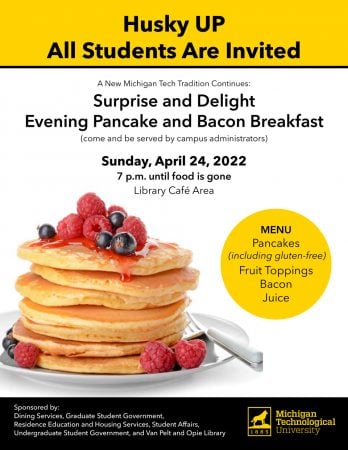The Van Pelt and Opie Library (VPOL) and the Portage Lake District Library (PLDL) are excited to partner for a second year and bring the Summer Reading Program to Michigan Tech! This year’s theme is Color Our World, which the libraries are using to invite you to embark on a journey of art and creativity. Visit the VPOL any time between now and August 23rd to pick up your reading log, or digitally download it here. Once you are halfway through (350 minutes of reading), stop at the VPOL for one of our custom tote bags and head to the lovely PLDL in downtown Houghton to claim $5 in farmers market bucks. Claim another prize when you finish!
This past summer VPOL staff Angela Badke and Annelise Doll completed a pilot project to deposit 2 TBs of research data on Digital Commons @ Michigan Tech. Over several months, the team worked with Pengfei Xue, CEGE faculty and GLRC Associate Director, and CEGE graduate student Miraj Kayastha to provide worldwide access to the GLARM-Proj1 dataset on Michigan Tech’s institutional repository. This dataset delivers a comprehensive outlook on the future of the North American Great Lakes under climate change. Since the first file from this dataset was available for download in May, files have been downloaded nearly 2000 times from users across 43 countries.
The GLARM-Proj1 dataset represents a significant advancement in Great Lakes climate research, offering a continuous, high-resolution climate projection spanning from 1981 to 2099. Unlike previous projections, which were fragmented and relied on simpler one-dimensional lake models to model the Great Lakes, GLARM-Proj1 uses a sophisticated regional climate modeling system with a two-way coupled three-dimensional (3D) lake model, better capturing the complex interactions between the lakes, atmosphere, and land. GLARM-Proj1 uniquely offers daily outputs of 3D lake temperature, along with two-dimensional fields for lake ice cover and 2-meter air temperature, dynamically downscaled from three global climate models under multiple future emission scenarios. By addressing the long-standing data gap for publicly accessible high-resolution 3D projections of the Great Lakes, GLARM-Proj1 equips scientists, stakeholders, and policymakers with robust, actionable information essential for planning and adaptation efforts in response to climate change impacts on the Great Lakes.]
Explore this collection on Digital Commons @ Michigan Tech here. View the dashboard of usage statistics, available for all content deposited on Digital Commons @ Michigan Tech, here.
Depositing a dataset of this size provided valuable insights into how we at the VPOL can better tailor our institutional repository services to meet our patrons’ needs. To ensure excellent, expedient service to the Michigan Tech community, the VPOL has refined the Digital Commons @ Michigan Tech Policies for Data to align data limits with the platform’s strengths. The VPOL welcomes questions, comments, and inquiries at library@mtu.edu as we continue enhancing our services.
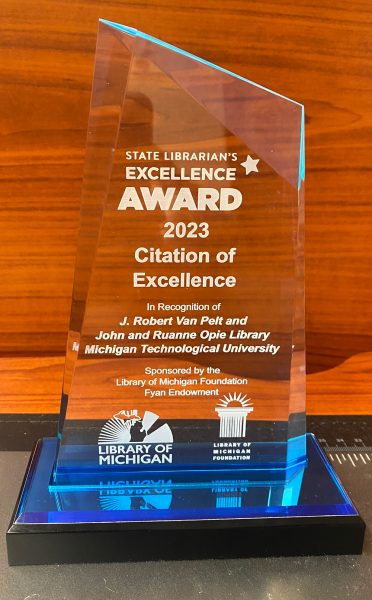
The J. Robert Van Pelt and John and Ruanne Opie Library (VPOL) employees have been awarded a 2023 Citation of Excellence for exemplifying excellence in customer service. The Library of Michigan Foundation and the Library of Michigan support this annual award, which is open to public, school, academic and special libraries across the state of Michigan.
“Good libraries help meet the needs of their users. Great libraries change communities for the better. The J. Robert Van Pelt and John and Ruanne Opie Library has become a central part of Michigan Technological University and made the Houghton and Hancock area a better place to live,” said Randy Riley, Michigan’s state librarian, after presenting the award.
Receiving it reaffirms the VPOL’s dedication to fostering a welcoming and enriching learning environment. We are proud to share this achievement with the entire Michigan Tech community. We are especially grateful to collaborators who added letters of support that highlighted the VPOL’s high level of service.
Erin Matas, library director, has been consistently supportive and celebratory since news of the citation. “I’m grateful and inspired by our library’s selection for this prestigious award,” said Matas. “It’s a heartfelt and well-deserved acknowledgement of the efforts of our library employees and the tremendous support we receive from our local community and valued partners at Michigan Technological University. Libraries truly play a transformative role in shaping vibrant communities.”
Learn more about The Michigan Library Association awards! Or more in-depth about other recipients honored with recognition.
Campus administrators will serve a pancake and bacon breakfast in the Van Pelt and Opie Library on Sunday, April 24th. The event will run from 7 p.m. until 10 p.m.(or until the food is gone!). Join us in the library Café area on the first floor of the Van Pelt and Opie Library!
This week the Van Pelt and Opie Library invites you to re-imagine how you search for information, by turning it on its side. Are there searching shortcuts that would make your work a lot easier and quicker? What databases might the library provide for you that would provide a more straightforward search process? And how can you amp up your skills so you are searching like a fact checker would?
At the VPOL our aim is to help make you efficient and effective searchers so we are dedicating the week to sharing tools and methods that will elevate how you find information. Throughout the week expect to see featured tips & and tricks from the library and chances to give it a try yourself. Join our Bad Info: Search Like a Fact Checker Workshop on February 17, 2-3 PM in Library 244 (registration here) to up your searching game and show off your ability to tell quality information sources from bunk by entering our Searching Sideways Contest for the chance to win one of three $15 coffee cards. For the contest, simply share a link to an online source that at first glance appears less than trustworthy, but actually contains quality information.
Stop by our “Ask Us” station all week (or any other week too) for help honing your search skills, to set up a consultation for more in depth help, or arrange a searching workshop on-demand for your class or study group.
Now let’s start searching sideways!
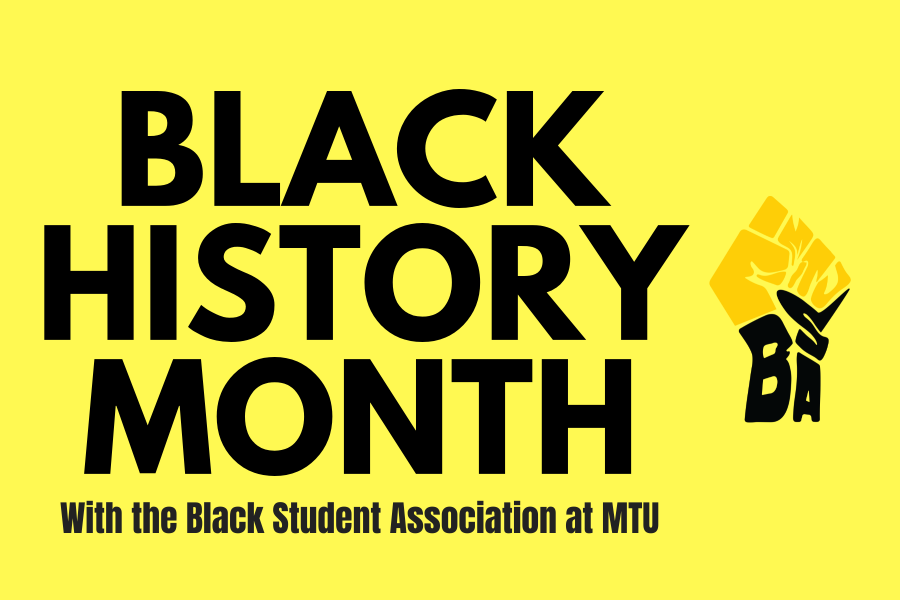
Black History Month is among us! It is a time of learning, observance, and most of all…celebration! Please join the Black Students Association (BSA) in celebrating BHM by contributing to the exhibit in the library. This exhibit will be up all month starting February 1st, and all members of the Michigan Tech community are invited and encouraged to submit any form of art (painting, poem, drawing, poster, etc.) to be included in the exhibit. The theme is all things Black Excellence, Innovation, & Joy. The exhibit is meant to be uplifting and the theme is intentionally broad to inspire creativity. Don’t worry about being an artist! Just have fun. Submissions can be made to the CDI weekdays from 9am to 5pm either anonymously or leave your first and last name for credit. Deadline to submit is Monday, January 31st, COB. Not sure what to submit? Please join us on Friday, January 28th from 4-7pm at the library (room 244) where we will provide free canvases, paint, poster boards, markers, and construction paper for those interested. Hope to see you there!
For any questions about submitting art or the exhibit please contact Jailynn Johnson, BSA President, at jailynnj@mtu.edu or Dr. Mayra Morgan, with the CDI, at msmorgan@mtu.edu
The Black history month exhibit by BSA will be up the entire month of February on the main floor of the Van Pelt and Opie Library, The exhibit will be accompanied by a display featuring books recommended by BSA students, including newly purchased titles.
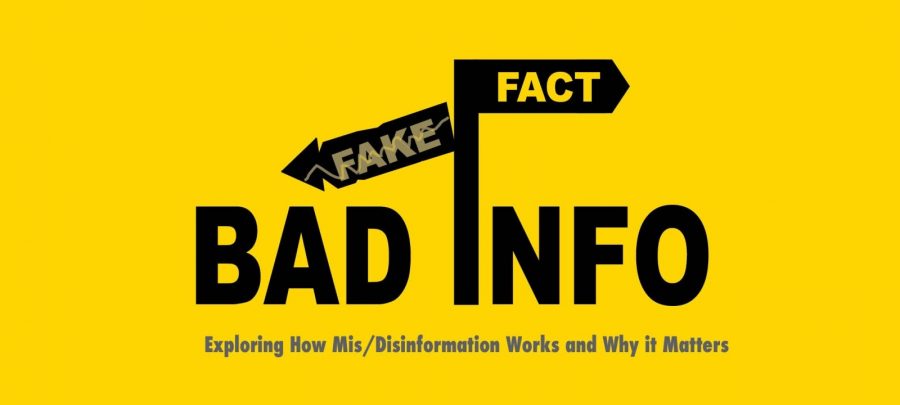
Individuals are bombarded daily by a mass of information curated just for them. Join librarians and other experts from Michigan Tech’s campus for an interactive discussion called “Popping the Filter Bubble” as part of the Bad Info Project on Wednesday, Nov. 3 from 5-7 PM in the Van Pelt and Opie Library’s East Reading Room.
Discussion facilitators, which include faculty, lecturers, and staff from a range of departments on campus, will each present relevant research to help participants better understand the role of algorithms, information filtering, and strategies to work around them. They will then lead small-group discussions on each topic so that participants can actively engage with and manage the flow of information around them.
Library events are open to all faculty, staff, students, and community members.
This event is made possible in part by a grant from the Michigan Humanities, an affiliate of the National Endowment for the Humanities, and by funding from the Department of Humanities at Michigan Tech.
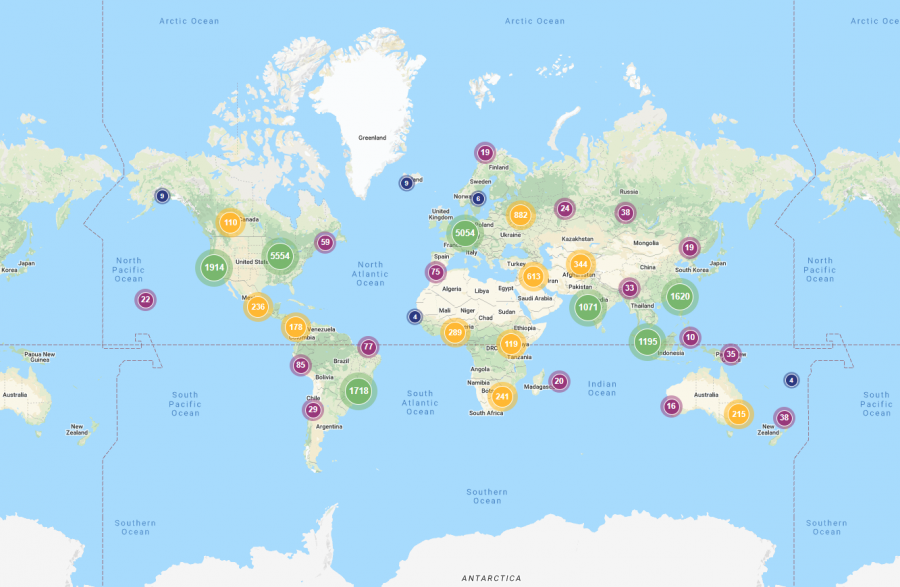
Yesterday we discussed graduate students’ options for publishing OA and CC licensed works on Digital Commons @ Michigan Tech, but this isn’t the only group of husky authors that go the extra mile to make their work accessible and reusable at no cost to the public – numerous members of the Michigan Tech community do!
The Open Educational Resources collection on Digital Commons @ Michigan Tech highlights a variety of faculty, staff, and student works that were published on the repository or through 3rd party publishers that are available full-text to the world. In only the last month, these works have been downloaded over 25,000 times from 150 different countries, showing the vast reach that open scholarship has. View the complete Digital Commons Readership Dashboard for these works here.
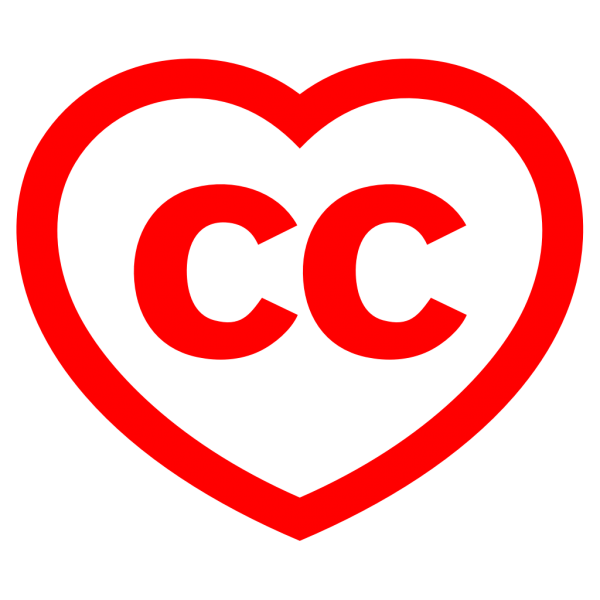
Many academic institutions maintain an institutional repository. These repositories increase access to the scholarly work produced by their community by gathering it in one online location and providing the public with no-cost full-text downloads to the extent possible under copyright law. Digital Commons @ Michigan Tech, Michigan Technological University’s institutional repository, has published master’s reports, master’s theses, and dissertations (ETDS) since 2013. The graduate student authors of these works have the option to make their works available Open Access (OA) for free. To date the repository features over 1,800 OA ETDs which would otherwise exist behind a publisher’s subscription paywall unless the author paid a fee.
New this year, students that opt to publish their work OA will also have the option to apply a Creative Commons (CC) license to the work. These free, standardized licenses allow authors to explicitly state how and under what conditions their copyright-protected works may, or may not, be used by others. Works with a CC license are still protected by U.S. copyright laws and authors retain their copyright. The addition of the Creative Commons license option provides graduate student authors with a simple way to control the reuse of their work. Additionally, all six CC licenses require attribution to the original author, ensuring ethical standards in publishing are maintained. The six CC licenses available to Michigan Tech graduate students can be viewed here: https://creativecommons.org/about/cclicenses/ For more information on copyright and licensing in relation to master’s reports, master’s theses, and dissertations, see the Van Pelt and Opie Library’s guide here: https://libguides.lib.mtu.edu/copyrightTDR
Check out the entire collection of Michigan Tech’s ETDS on Digital Commons @ Michigan Tech here: https://digitalcommons.mtu.edu/etdr/
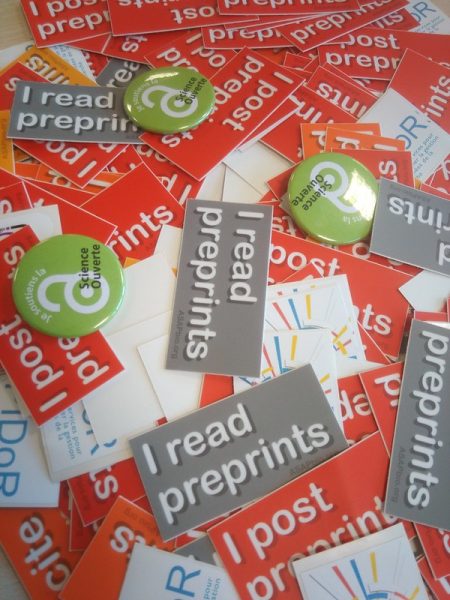
The goal of Open Science, making the results of research freely accessible to all, leads naturally to an open access publishing model. Today there are many ways to share research findings and supporting data. Repositories, whether based on discipline or university affiliation, have long played a significant role in providing access to scholarly articles prior to their final publication or as homes to open books, data, or models. Open access publishers and their journals have gained credibility and publish many highly cited articles. And an increasing number of subscription-based publishers offer OA publishing options in their journals.
See our Open Access guide (https://libguides.lib.mtu.edu/openaccess) or contact library @mtu.edu for more information.
